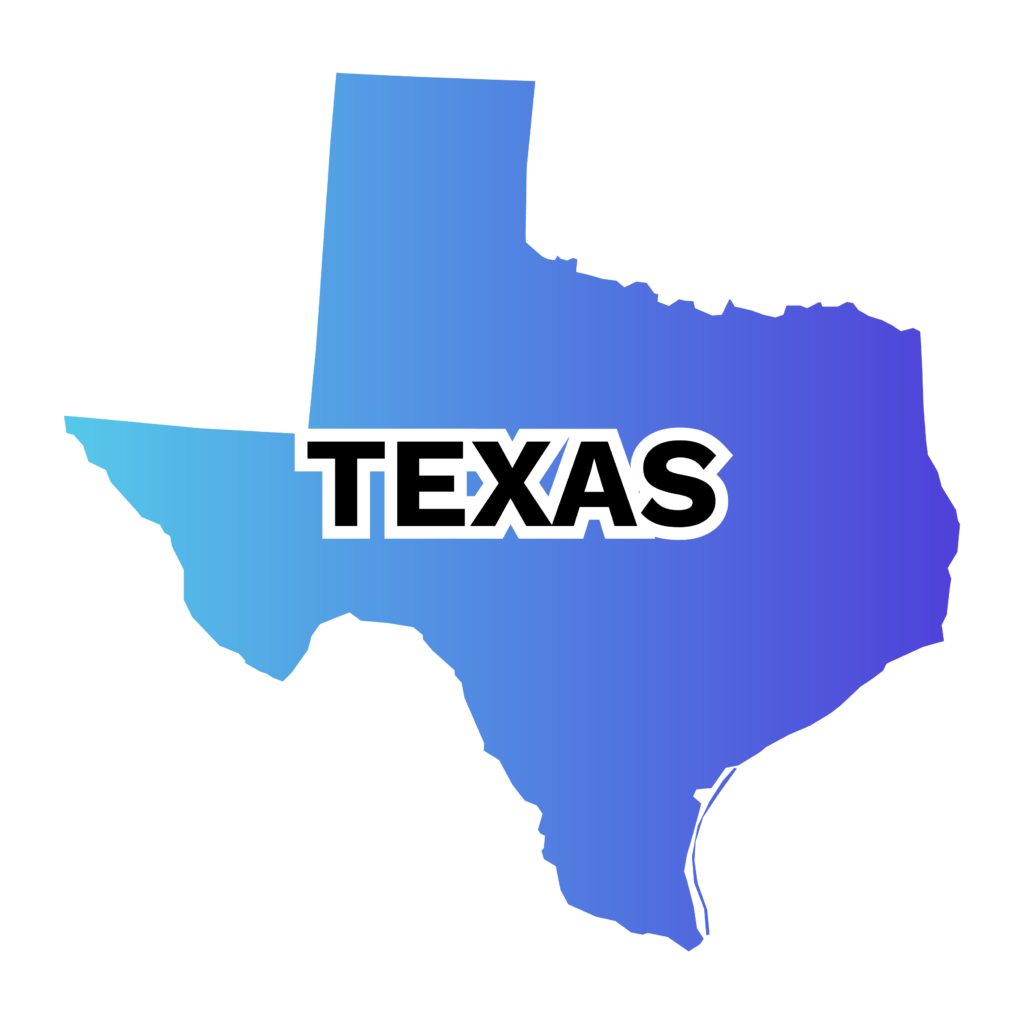In an era where the number of Certified Public Accountants (CPAs) is dwindling, particularly in the United States, the current situation presents a unique opportunity for those considering the CPA licensing process in Michigan. According to a Forbes article by Isaac Heller, the American Institute of Certified Public Accountants (AICPA) reported a concerning trend: a 7% drop in CPA Examination candidates, alongside decreases in accounting graduates and enrollments. This decline is not just a statistic; it’s a clarion call for action and a gateway to opportunity.
But why does this matter to you?
The CPA landscape is changing, and with it, the demand for qualified professionals is growing. In Michigan, this trend translates into a golden opportunity for aspiring CPAs. The decrease in the number of CPAs means less competition and more demand for your services once you’re licensed. Imagine being part of a select group of professionals at the forefront of financial expertise, highly sought after in a market that’s hungry for your skills.
Now, consider this: What if you could be part of the solution to this crisis? What if your decision to pursue CPA licensing in Michigan could not only advance your career but also contribute to stabilizing the financial backbone of businesses in this changing landscape? The time is ripe, and the opportunity is clear. The question is, are you ready to seize it?
Steps to Get a CPA License in Michigan
- Educational Requirements: Obtain a bachelor’s degree with a minimum of 150 semester hours, including specific accounting and business courses.
- Experience Requirements: Accumulate at least one year (2,000 hours) of qualifying work experience, verified by a licensed CPA.
- CPA Exam: Successfully complete the CPA exam. Many candidates pass the CPA exam on the first try by investing in a CPA review course.
- Ethics Requirement: Complete the AICPA Ethics Exam or an equivalent course, as required by the Michigan Board of Accountancy.
- Application Process: Submit the CPA license application along with all necessary documentation to the Michigan Board of Accountancy.
- Application Fee: Pay the required fee for the CPA license application.
CPA Licensure Requirements for Michigan
Educational Qualifications
- Degree Requirement: A bachelor’s degree or higher is required.
- Credit Hours: Candidates need to complete 150 semester hours to be granted the CPA certificate, although this is not necessary to sit for the exam.
- Accounting Coursework: A minimum of 24 semester hours (or 36 quarter hours) in accounting courses is required, including courses in auditing, financial accounting, managerial accounting, accounting systems and controls, U.S. taxation, and government/fund accounting.
- General Business Coursework: Candidates must also complete 24 semester hours (or 36 quarter hours) in general business subjects.
Work Experience
- Duration: 1 year (2,000 hours) of work experience.
- Supervision: This experience must be supervised and verified by an active CPA licensee.
- Specific Experience: The work experience should include at least one financial audit, review, or compilation, obtained in a CPA firm or governmental agency under the supervision of a CPA licensee.
“As a CPA expert, I find Michigan’s work requirements particularly intriguing.The mandate for specific audit experience, though challenging, sets Michigan apart. This requirement not only ensures that CPAs have a robust understanding of audits but also positions them uniquely in the job market. For potential CPAs, this means an opportunity to develop a specialized skill set that is highly valued in both public accounting and government roles.”
Bryce Welker – CPA Expert
Additional Requirements
- Age and Citizenship: There is no minimum age requirement, and US citizenship is not necessary for CPA licensure in Michigan.
- State Residency: Residency in Michigan is not a requirement for obtaining a CPA license.
- Audit Experience: Specific audit experience is a notable requirement, which can be challenging to acquire outside of CPA firms or government agencies.
Ethics Requirement
In Michigan, as in many other states, fulfilling an ethics requirement is a crucial step in the journey to becoming a Certified Public Accountant (CPA). This requirement is designed to ensure that CPAs not only possess technical accounting skills but also adhere to a high standard of professional conduct and integrity.
- Ethics Exam or Course: Candidates for CPA licensure in Michigan must complete AICPA Ethics Exam or an equivalent ethics course. This requirement is mandated by the Michigan Board of Accountancy.
- Content Focus: The ethics exam or course typically covers topics such as professional conduct, ethical reasoning, AICPA’s Code of Professional Conduct, and case studies that highlight ethical dilemmas in accounting practices.
- Passing Score: For the AICPA Ethics Exam, a passing score of 90% or higher is usually required. The exam is open-book and can be taken online.
- Validity Period: It’s important to note that the ethics exam or course completion has a validity period. Candidates should ensure that their ethics qualification is current and valid at the time of their CPA licensure application.
CPA Evolution: Exam Updates and Changes in Michigan
The CPA Evolution is a transformative initiative reshaping the CPA licensure model to align with the evolving skills and competencies required in the modern accounting profession. This initiative, a joint effort by the American Institute of CPAs (AICPA) and the National Association of State Boards of Accountancy (NASBA), is set to implement significant changes in 2024.
Key Changes in the CPA Exam
- New Exam Structure: The CPA Exam will transition to a core-plus-discipline model. Candidates will be tested on a common core in areas of accounting, auditing, tax, and technology, and then choose one of three disciplines for deeper skill demonstration: Business Analysis and Reporting (BAR), Information Systems and Controls (ISC), or Tax Compliance and Planning (TCP).
- Emphasis on Technology: Reflecting the growing impact of technology in accounting, the new exam will place a greater emphasis on subjects like data analytics, information technology, and digital acumen.
Michigan-Specific Adaptations
- Alignment with CPA Evolution: Michigan is aligning with the CPA Evolution initiative, focusing on enhancing the CPA licensure model to include core skills in accounting, auditing, tax, and technology.
- Revised CPA Exam Blueprints: Effective from July 1, 2021, the CPA Exam in Michigan includes changes focusing on a deeper understanding of business processes and data-driven aspects of the profession. The AUD section now includes more in-depth testing on IT systems and controls, while the BEC section contains new content on technology-enabling business processes.
- Exclusion of Less Relevant Topics: Topics such as differences between IFRS and U.S. GAAP, estate taxes, and trusts are being phased out from the Michigan CPA Exam, as they are less relevant to the skillset of newly licensed CPAs.
Michigan CPA Exam Fees
Michigan’s application fee for firms or individuals is $100.
Education Evaluation Application
- Application Fee: $90.00
- Purpose: Before applying for any section of the CPA Exam, candidates must first be evaluated for eligibility. The Education Evaluation Application is a crucial step in this process, determining if you meet the educational requirements necessary to take the CPA Exam in your chosen jurisdiction.
Exam Section Application
- Application Fee: $344.80 per section
- Process: After being deemed eligible for the CPA Exam, candidates can apply for specific exam sections. It’s important to note that you can apply for only one exam section per application.
- Advice: Candidates are encouraged to apply for an exam section only when they are fully prepared to take it. This is because the Notice to Schedule (NTS) issued is valid for a limited period. The exam section listed on the NTS must be taken within this timeframe; failing to do so will result in the forfeiture of the fees paid for that section.
It’s essential for candidates to plan their exam schedule carefully, considering the validity of the NTS and their own preparedness, to avoid unnecessary expenses and make the most of the application process.
Michigan Exam Information and Resources
- NASBA – Michigan CPA Exam Application
- Michigan CPA Experience Form
- First-Time Michigan CPA Candidates
Contact:
Michigan Board of Accountancy
Dept. of Labor & Economic Growth
P.O. Box 30018
Lansing, MI 48909-7518
Phone: 517-241-9249
Fax: 517-373-2162
FAQs
To qualify for CPA licensure in Michigan, you must have a bachelor’s degree or higher and complete 150 semester hours of college coursework. This should include 24 semester hours in accounting courses covering auditing, financial accounting, managerial accounting, accounting systems and controls, U.S. taxation, and government/fund accounting, plus 24 semester hours in general business courses.
Yes, you need 1 year (2,000 hours) of work experience supervised and verified by an active CPA licensee. This experience must include involvement in at least one financial audit, review, or compilation in a CPA firm or governmental agency.
No, U.S. citizenship is not a requirement for CPA licensure in Michigan.
Michigan does not have a minimum age requirement for CPA licensure.
Yes, you can sit for the CPA exam without having completed 150 semester hours. However, you need to complete these hours to be granted the CPA certificate.
First, submit an Education Evaluation Application to determine your eligibility based on educational qualifications. Once deemed eligible, you can apply for specific exam sections, keeping in mind that you can apply for only one section per application.
No, you do not need to be a resident of Michigan to obtain a CPA license in the state.
If your degree is from a non-U.S. institution, it must be evaluated by a foreign credential evaluation service approved by the Michigan Board of Accountancy to determine equivalency to U.S. educational standards. This evaluation is part of the Education Evaluation Application process.
Bryce Welker is a regular contributor to Forbes, Inc.com, YEC and Business Insider. After graduating from San Diego State University he went on to earn his Certified Public Accountant license and created CrushTheCPAexam.com to share his knowledge and experience to help other accountants become CPAs too. Bryce was named one of Accounting Today’s “Accountants To Watch” among other accolades. As Seen On Forbes











